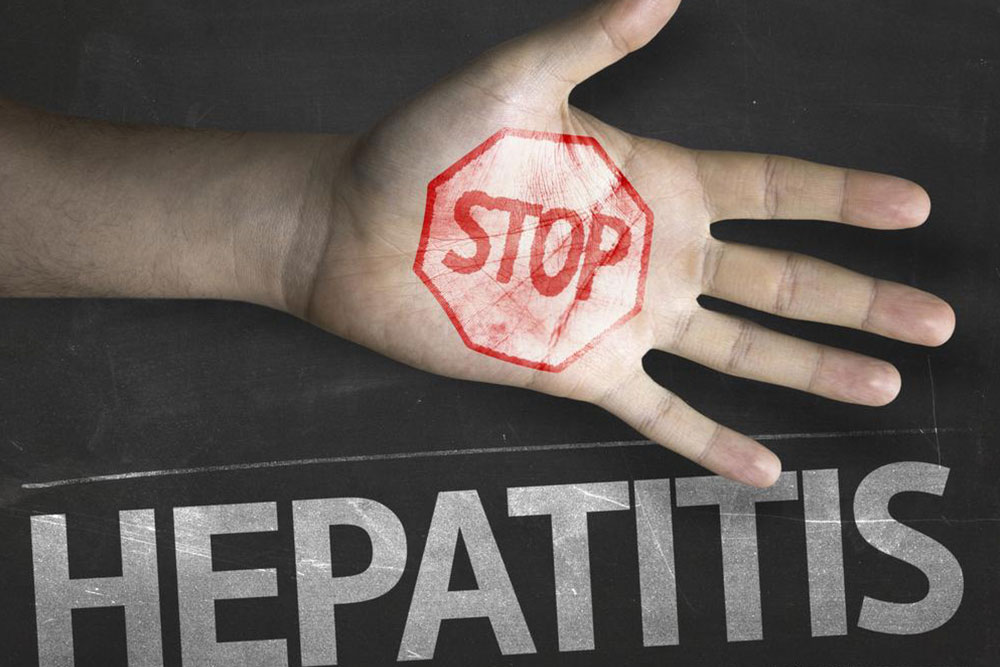
What causes hepatitis and what are its symptoms
The inflammation or enlargement of the liver due to infection is known as hepatitis. The main types prevalent in the country are Hepatitis A, B, and C. The symptoms of this disease are usually mistaken for a stomach virus. Though most cases are resolved in a month, they could lead to a chronic liver infection and severe damage known as cirrhosis. Sometimes it could lead to liver cancer. Sudden illnesses could be caused by Hepatitis B and C.
Contamination is a significant factor that causes Hepatitis, like eating or drinking food contaminated with the fecal matter of an infected person. The risk is higher when there is poor hygiene and sanitation. Being in close contact with an infected person (changing a diaper or sexual contact) is another cause. Infected blood, semen, and other body fluids mainly spread Hepatitis B and C.
Hepatitis A can spread by eating unwashed contaminated fresh fruits and vegetables. Uncooked shellfish like oysters and clams can transmit Hepatitis if they have been harvested from polluted waters. Hepatitis B and C can be passed from mother to child during birth through body fluids. Use of infected needles and razors used in salons could cause hepatitis.
Hepatitis can be caused by alcohol and other toxins. They are the cause of non-infectious hepatitis. Inflammation and liver damage is caused by excessive alcohol consumption known as alcoholic hepatitis. Alcohol injures the cells of the liver, which causes permanent damage leading to liver failure and cirrhosis. Overdose or overuse of medication and exposure to poisons are the toxic causes of hepatitis. In rare cases, the immune system by itself mistakenly attacks the liver causing inflammation that hinders liver function.
Liver disease can also be caused by disorders that are inherited such as cystic fibrosis, which is a condition where there is excessive iron in the body. Other causes could be Wilson’s disease where the body retains too much copper.
Symptoms of hepatitis
In cases of chronic hepatitis like Hepatitis B and C, symptoms are not seen at the beginning. They may not occur until the liver function is affected.
Acute hepatitis symptoms include fatigue, symptoms of flu, abdominal pain, loss of appetite, pale stool, dark urine, yellow skin and eyes (jaundice), fatty liver, and unexplained weight loss. As chronic hepatitis symptoms are very subtle they often go unnoticed.
You could also notice these symptoms along with acute symptoms:
- Build-up of fluid in the legs or abdominal cavity
- Kidney failure
- Presence of gallstones
- Constant itching
- Loss of muscle
- Bleeding and bruising easily
- Poor memory and concentration
- Poor performance of the brain (encephalopathy)
- Bleeding in the lower esophagus, causing vomiting
- Loss of weight
- Veins that look like a spider on the skin
It is best to seek medical attention if the symptoms are due to excessive medicines or if you vomit blood, have bloody stools, or become delirious. A high-calorie diet is advised if weight loss is severe, and you might have to receive food intravenously in case of excessive vomiting.


